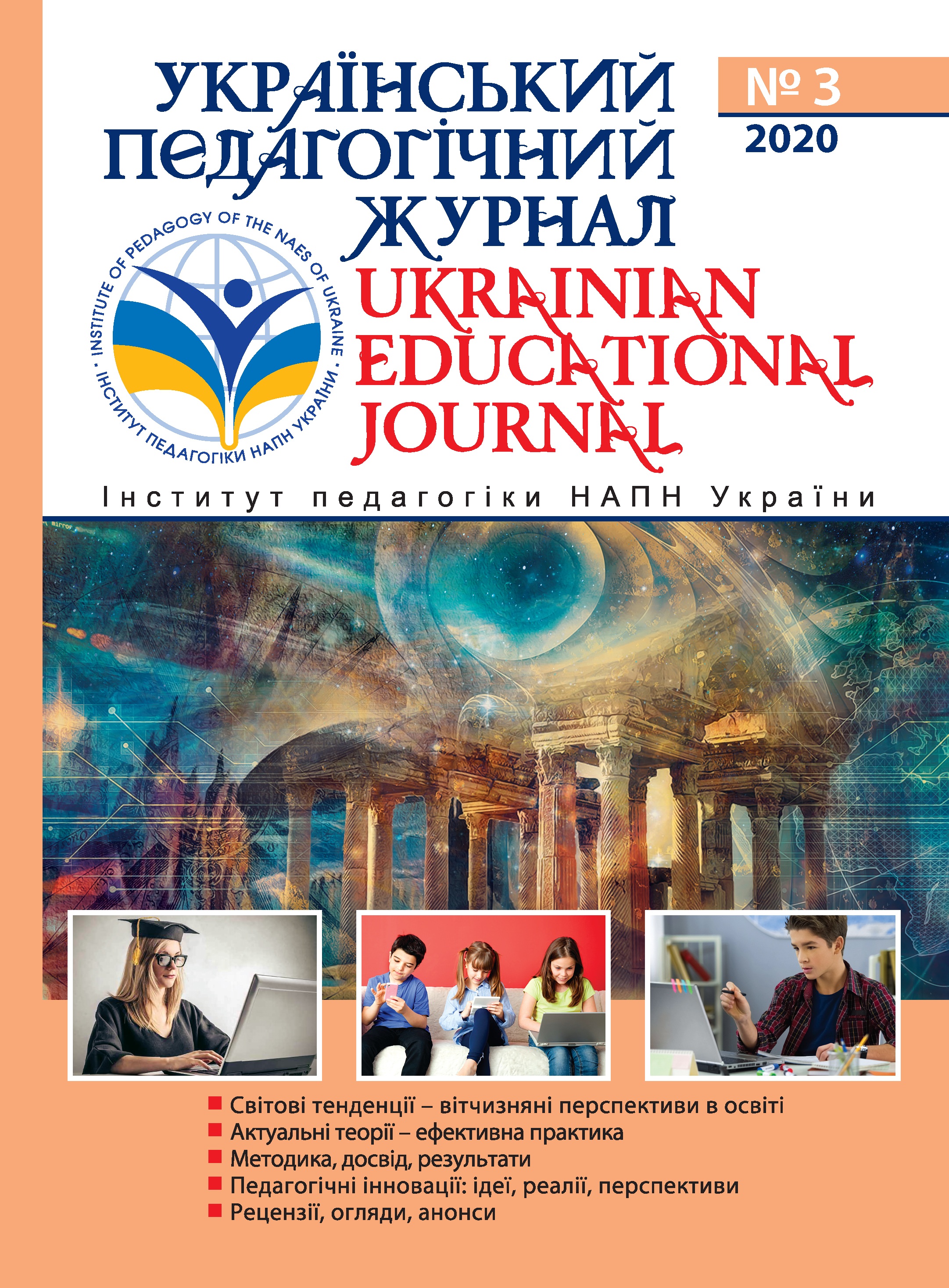Анотація
У статті висвітлено ключові тенденції розвитку вищої освіти Південної Кореї в умовах глобалізації, до яких віднесено інтернаціоналізацію, регіоналізацію та гармонізацію. Виокремлено й детально розглянуто вплив глобалізаційних процесів на розвиток вищої освіти країн Далекого Сходу, зокрема Південної Кореї. Проаналізовано характер об’єднавчих процесів у Європейському Союзі та їхній вплив на освітню політику країн – учасниць АСЕАН. Окреслено роль Асоціації в розвитку галузі вищої освіти і виокремлено ключові аспекти впливу. Констатовано внесок АСЕАН у формування регіональної мережі закладів вищої освіти До основних напрямів роботи мережі віднесено: стратегічне планування подальшої роботи закладів вищої освіти, яка здебільшого пов’язана з академічним обміном усіх суб’єктів вищої освіти в регіоні; наглядову функцію; інформаційну підтримку університетської мережі, а також організацію та проведення освітньо-наукових заходів. Особливу увагу приділено регіоналізації та гармонізації вищої освіти, що проявляються в доволі активних процесах академічної мобільності між університетами регіону. Така політика проводиться з метою підтримання якості вищої освіти на високому рівні задля можливості конкурувати з іншими провідними освітніми центрами та установами світу. Представлено особливості процесу інтернаціоналізації, а також виокремлено її види. Важливими є статистичні дані про участь південнокорейських студентів у програмах академічної мобільності, що дає можливість адекватно оцінити ці процеси в рамках не тільки однієї країни, а й цілого регіону. За результатами досліджень осмислено особливості регіоналізму у вищій освіти та його відмінність від процесу інтернаціоналізації. Розглянуто економічну політику уряду Південної Кореї та стратегію подальшого фінансування й розвитку галузі. Констатовано, що якість освіти прямо пропорційно залежить від кількості вкладених у неї фінансових ресурсів. Також проаналізовано політику держави щодо освіти впродовж життя; охарактеризовано стан проблеми загалом, а також виокремлено основні типи освітніх закладів, у яких можна набути знань. Зроблено висновок про інноваційний розвиток системи вищої освіти Південної Кореї, характер якого визначається викликами глобального, регіонального та національного рівня. Підкреслено активну роль уряду Південної Кореї у перетворенні національної вищої освіти на освіту сучасної якості через збереження її фундаментальності та відповідності актуальним і перспективним потребам особистості та суспільства.

Ця робота ліцензується відповідно до Creative Commons Attribution 4.0 International License.

